EP 09: From Kabul to the World: Marina LeGree’s Trailblazing Approach to Girls’ Leadership
“It hit me upside the head: how can a whole society be lacking in sports?”
When Marina LeGree arrived in Afghanistan, she was struck by the lack of sport and outdoor physical activity available to Afghan citizens, particularly young women. A dedicated athlete in her youth, Marina understood the power of sport to transform a person emotionally as well as physically, and to bring out the best in oneself. She knew she wanted to create opportunities for girls in Afghanistan to get out and enjoy their environment, and in 2015 she founded Ascend: Leadership Through Athletics, which began by taking a group of 20 girls on a mountaineering adventure, inspired by Malang Daria and Amruddin Sanjar, the first Afghan citizens to summit the country’s highest mountain. Today, the program, which has since extended its mission to Pakistan, rests on five pillars: mental health, physical fitness and nutrition, leadership and community service. The fifth element, rock climbing and mountaineering, has ceased to be a part of the program in Afghanistan since the Taliban returned to power in 2021.
For those young women whose safety and future are threatened by this change in power, the program has proven a lifeline in more ways than one. Ascend Athletics has worked to relocate 134 alumni from the program to other countries. And the program instilled in them hope for the future, expectations for their lives and the courage to pursue it, at the risk of their very lives. Marina tells the story of Mina, who crossed through the city of Kabul in the dark alone, in danger at every turn, to board a bus for a 10 hour journey bound for what would be her new home away from her family.
However grim the circumstances for the young women in Afghanistan, the Ascend Athletics program is not meant to change or circumvent policy. Rather, it works to give girls the tools to succeed in their own context and to make change in their own societies. Join today’s conversation for more tales of bravery, resiliency and above all, hope.
Quotes
- “We need exercise, we need to play, we need to use our bodies and girls are totally deprived of that in a lot of places.” (4:23 | Marina)
- “That was the biggest challenge, to figure out how to make this not a symbolic activity that would just happen once or twice for some lucky girls, but really building a program around it that could sustain and involve a lot more people.” (7:46 | Marina)
- “I really wanted to equip girls with the internal tools so that they wouldn't need Westerners propping anybody up, they would have the stuff and they would think about themselves as the change makers. So I think when you asked about successes, I think the biggest successes came when I saw the light go on, in certain girls in the program that they wanted that too.” (10:00 | Marina)
- “I kept thinking of those mothers, those mothers trusted enough that in us as an organization that we would look after their girls, and they knew, like you said they knew what the future might hold. So they were giving the girls their blessing.” (21:03 | Marina)
- “What impressed me about a lot of the girls is their eyes were on the prize. They wanted to get an education. That was the main thing. And a lot of them were already through high school. And they were in their university studies. They had plans and they didn't want to lose that. So yeah, it was a lot of bravery.” (33:22 | Marina)
- “We could have easily filled up all of the visas and plane seats that we had with just a few lucky families. We instead chose individual girls who could then transform the lives of themselves and help their families in the future. I could hear the woman who is now our board chair saying, ‘Who is at risk?’ Dads are not really at risk. The brothers aren't. It's the girls.” (43:19 | Marina)
Connect with Marina LeGree
:https://www.ascendathletics.org
https://www.ascendathletics.org/ourpeople
Ascend: Forced to flee the Taliban, Afghan women find a home in climbing | Patagonia Films
https://www.youtube.com/watch?v=Tbtc3je_GUE&t=144s
Connect with Robbin Jorgensen (She/Her):
Website: https://womenignitingchange.com
LinkedIn: https://www.linkedin.com/company/women-igniting-change/
LinkedIn: https://www.linkedin.com/in/robbinjorgensen/




